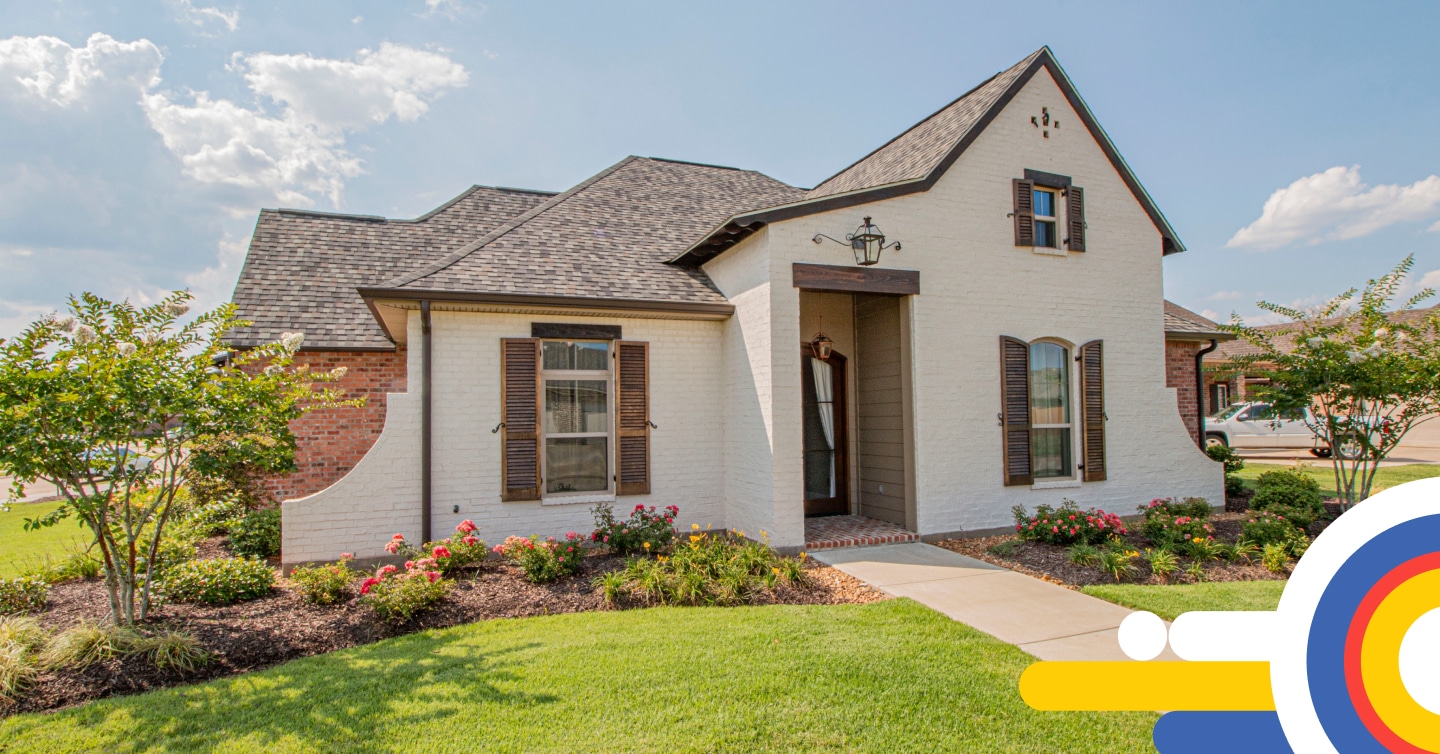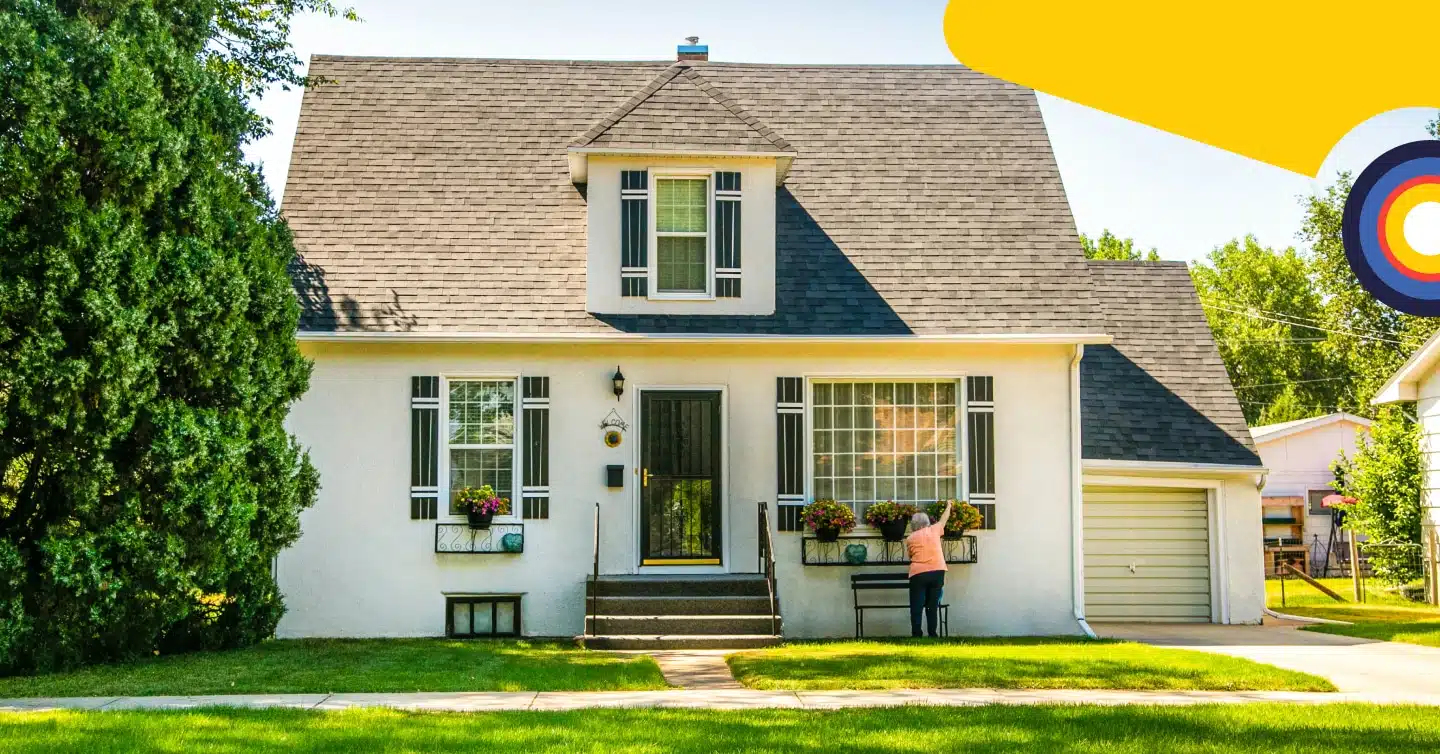Your Guide to Canadian Property Taxes

Table of contents
Property taxes are a vital part of homeownership in Canada. They fund essential services like education, infrastructure, and public safety. However, understanding how property taxes are calculated, why they differ across provinces, and how they impact your budget is essential for effective homeownership and financial planning.
Key Takeaways
- Property taxes are based on your property’s assessed value and the municipal tax rate.
- Regional disparities exist, with municipal tax rates varying widely across Canada, depending on local needs and budgets.
- Knowing your property tax obligations allows for better financial and homeownership planning.
What Are Property Taxes?
Property taxes are annual taxes levied by local governments to fund services that benefit the community. These include:
- Education: Supporting schools and educational initiatives.
- Public Safety: Funding police, fire, and emergency medical services.
- Infrastructure: Covering road maintenance, waste management, and public transit.
- Community Services: Maintaining parks, libraries, and recreational facilities.
Tax rates are determined by each municipality and are influenced by property values and regional budgetary needs.
How Are Property Taxes Determined?
The calculation of property taxes is simple:
Property Tax = Assessed Value × Municipal Tax Rate
1. Assessed Value
- Assessment bodies in each province evaluate the market value of properties. This assessed value reflects the property’s worth in the current real estate market.
- Property size, lot size, age of building location, quality of construction, and major renovations, additions or improvements play a significant role in the valuation by the provincial property assessment body, such as the Municipal Property Assessment Corporation (MCAP) in Ontario.
2. Municipal Tax Rate
- Municipalities set tax rates annually. These rates are influenced by local budgets and the services required by the community.
For example, if your home in Edmonton is valued at $480,000 and the municipal tax rate is 0.94% for 2024.
For example, annual property taxes = $480,000 × 0.94% = $4,512
Comparing 2024 Property Tax Rates Across Canadian Cities
| City | Tax Rate (%) | Average Home Price | Average Property Tax | |
|---|---|---|---|---|
| British Columbia | Vancouver | 0.28 | $871,700 | $2,441 |
| Victoria | 0.44 | $1,172,200 | $5,158 | |
| Alberta | Calgary | 0.66 | $577,700 | $3,813 |
| Edmonton | 0.94 | $396,800 | $3,730 | |
| Saskatchewan | Saskatoon | 1.34 | $321,000 | $3,441** |
| Regina | 1.36 | $402,600 | $4,380** | |
| Manitoba | Winnipeg | 2.64 | $361,400 | $4,293* |
| Ontario | Toronto | 0.72 | $1,060,300 | $7,634 |
| Ottawa | 1.07 | $639,500 | $6,843 | |
| Mississauga | 0.82 | $1,048,800 | $8,600 | |
| Hamilton | 1.33 | $820,800 | $10,917 | |
| London | 1.42 | $608,500 | $8,641 | |
| Quebec | Montreal | 0.59 | $544,300 | $3,211 |
| Quebec City | 0.88 | $368,400 | $3,242 | |
| Nova Scotia | Halifax | 1.12 | $539,200 | $6,039 |
| New Brunswick | Fredericton | 1.33 | $328,100 | $4,364 |
| Saint John | 1.79 | $337,600 | $6,043 | |
| Newfoundland | St. John’s | 0.91 | $365,300 | $3,324 |
| Prince Edward Island | Charlottetown | 1.67 | $375,600 | $6,273 |
Today’s Best Mortgage Rates as of July 3, 2025
What Affects Property Taxes?
Several factors determine the final property tax bill:
Market Conditions
- Property values rise and fall with the real estate market, affecting assessed values, though they lag behind real market values.
Municipal Spending
- Tax rates can increase if a municipality requires more funds for services or infrastructure projects.
Property Upgrades
- Major renovations or additions may lead to a reassessment of your property’s value, increasing your tax obligations. Some situations may allow you to appeal a municipality’s decision if you meet the deadline.
Are Tax Exemptions or Rebates Available?
Specific types of homeowners may qualify for property tax reductions, deferrals, or exemptions:
- Seniors and Veterans: Many provinces offer tax relief for seniors or veterans.
- Low-Income Households: Tax credits or rebates are available in some regions.
- Agricultural Land or Special Designations: Properties for specifically zoned purposes may qualify for exemptions.
Budgeting for Property Taxes
Property taxes are a recurring expense that can surprise many first-time homeowners. Here are some tips to effectively manage this recurring cost of homeownership:
- Break Down Payments: Save monthly to ensure you have enough to cover your annual, semi-annual or quarterly tax bill. Your mortgage lender may collect your annual property tax bill through your scheduled mortgage payments, allowing you to manage this obligation easily.
- Stay Informed: Keep up with municipal budgets and reassessments to anticipate rate changes.
- Use a Tax Calculator: Online tools such as your municipality’s property tax calculator can help you estimate your costs.
We’re curious…
Frequently Asked Questions (FAQ) on Municipal Property Taxes in Canada
How often are properties reassessed?
Assessment cycles vary by province. For instance, British Columbia conducts annual assessments, Ontario reassesses properties every 4 years, and Québec every 3 years.
How is my residential property assessed?
Your residential property’s assessed value is determined by analyzing recent home sales in your area. The following five factors are typically considered when assessing the value of your property:
- Quality of construction
- Location
- Lot size
- Exterior square footage
- Age of the building, including any major renovations or additions
Can I appeal my property’s assessed value?
Yes, you can file an appeal with your provincial assessment authority if you disagree with your property assessment. If the information on file needs to be corrected, be prepared to provide evidence, such as recent sales data for similar properties or photos of an unfinished basement. For example, in Ontario, MCAP provides an appeal process online.
When will I receive a tax notice for my newly built home?
Property assessment bodies typically assess new homes within a year of occupancy. If your home is not evaluated during that year, you will still be responsible for property taxes starting from when you purchased it.
What if I don’t pay my property taxes?
Failure to pay property taxes can result in penalties, interest charges, and a lien on your property. A lien can make it difficult to sell or refinance.
Final Thoughts
Understanding property taxes is a crucial part of homeownership that can significantly impact your financial wellbeing. These taxes fund essential community services like public education, road maintenance, and emergency services, all of which contribute to the quality of life in your area. Property owners can better plan their finances and avoid surprises by staying informed about how property taxes are assessed and how they might change over time. This knowledge also plays a significant role when deciding to buy a home, refinance, or plan for a future mortgage renewal.
For those looking to manage property taxes alongside their mortgage, get advice from a mortgage professional who can provide helpful, personalized insights. Contact nesto mortgage experts for guidance on managing property taxes and securing your homeownership goals.
Why Choose nesto
At nesto, our commission-free mortgage experts, certified in multiple provinces, provide exceptional advice and service that exceeds industry standards. Our mortgage experts are non-commissioned, salaried employees who provide impartial guidance on mortgage options tailored to your needs and are evaluated based on client satisfaction and advice quality. nesto aims to transform the mortgage industry by providing honest advice and competitive rates using a 100% fully digital, transparent, seamless process.
nesto is on a mission to offer a positive, empowering and transparent property financing experience – simplified from start to finish.
Contact our licensed and knowledgeable mortgage experts to find your best mortgage rate in Canada.
Ready to get started?
In just a few clicks, you can see our current rates. Then apply for your mortgage online in minutes!















